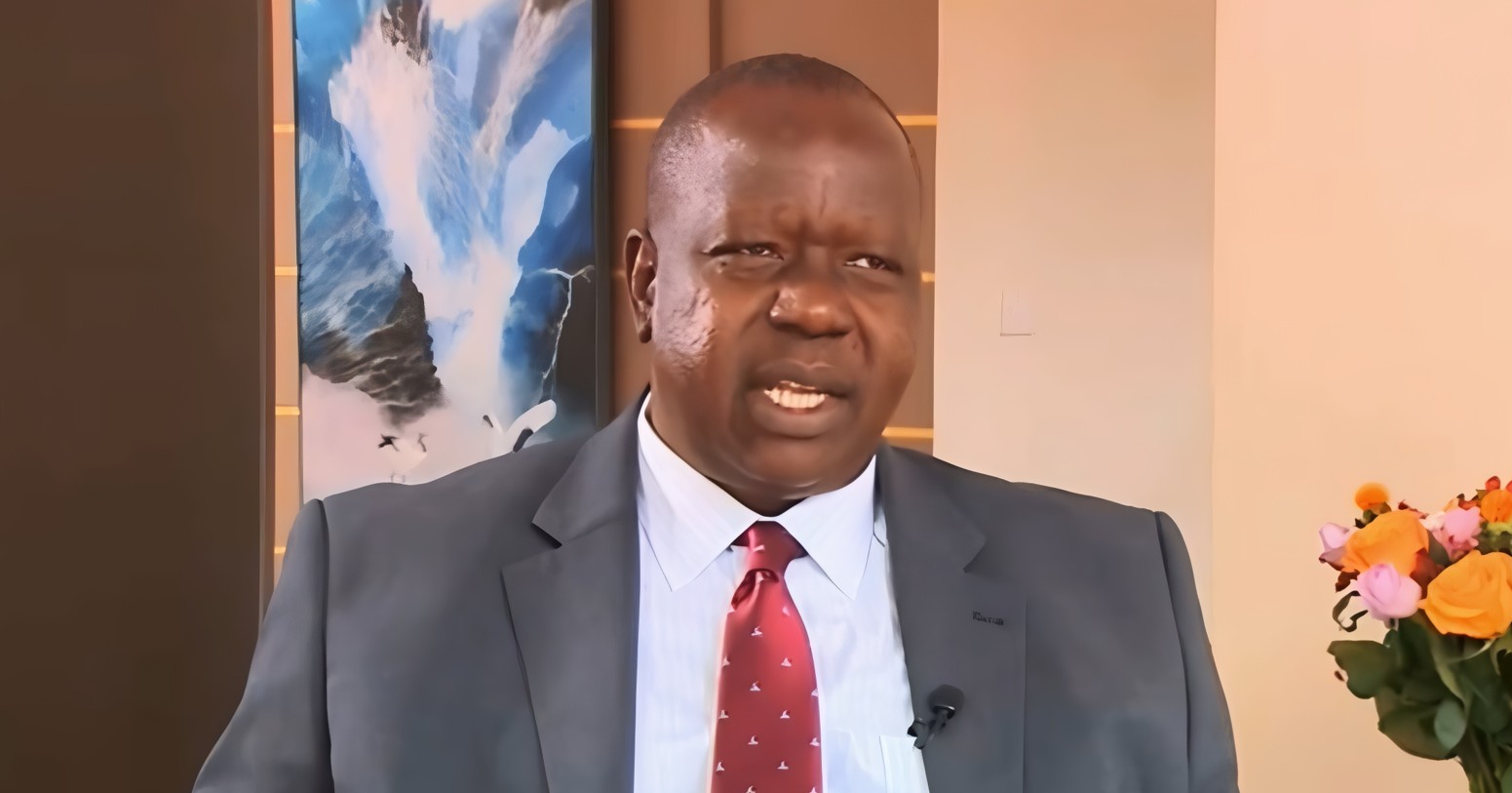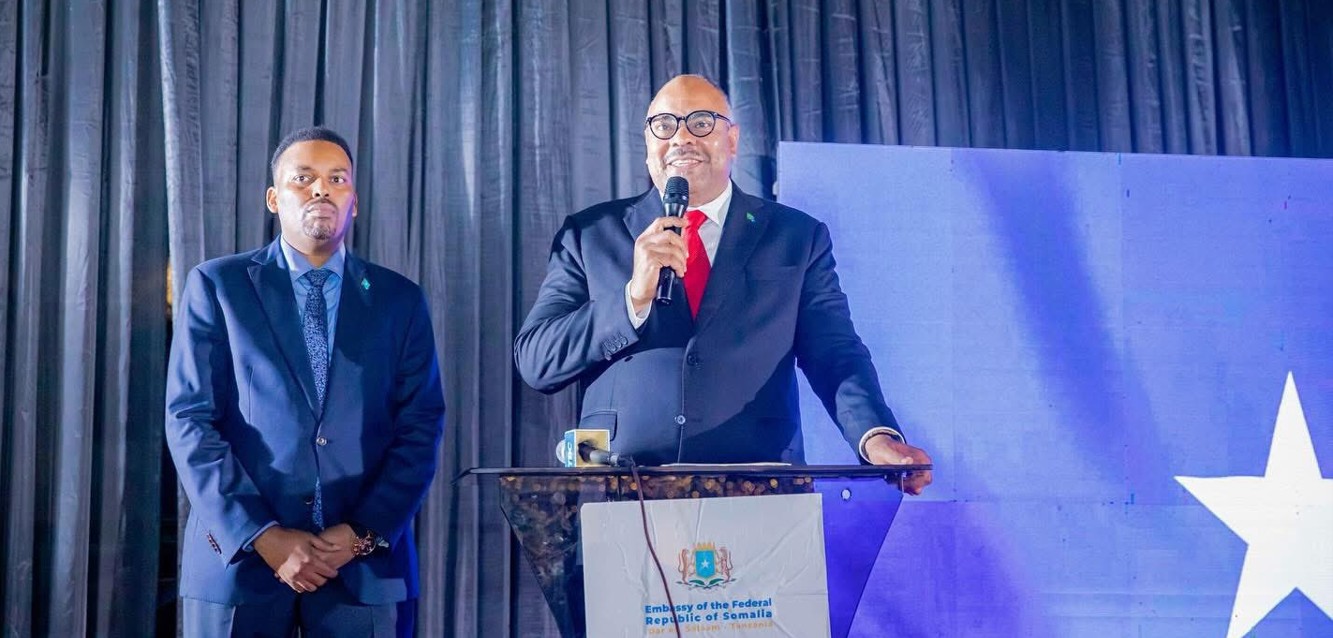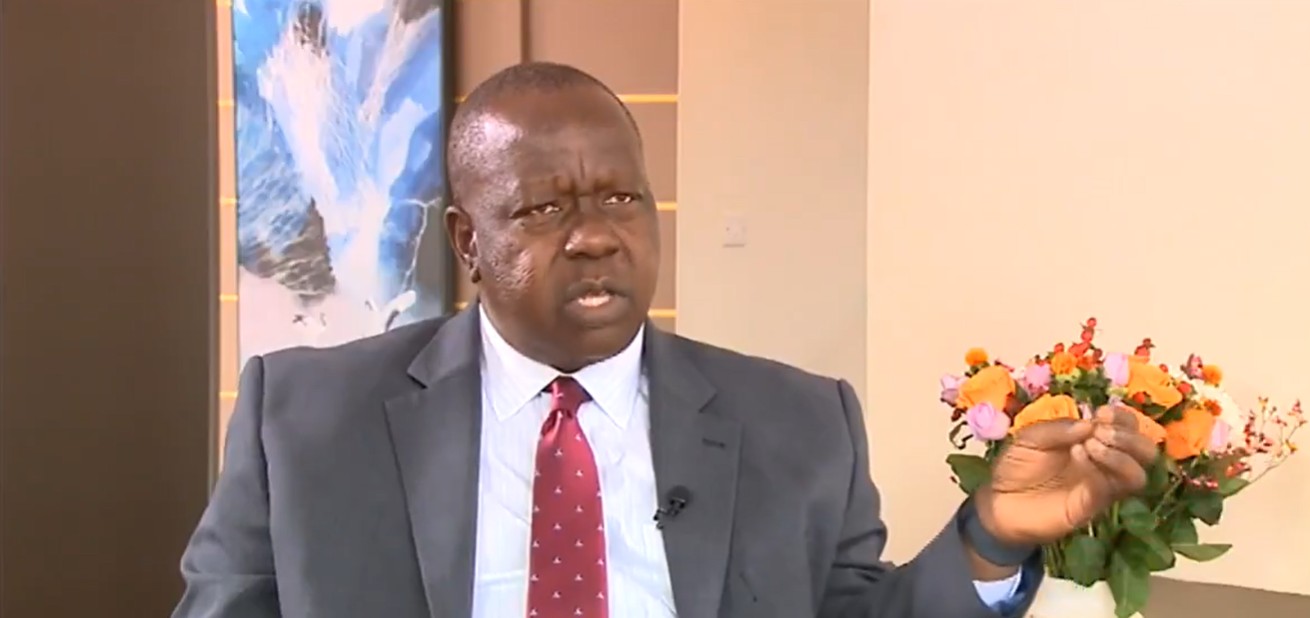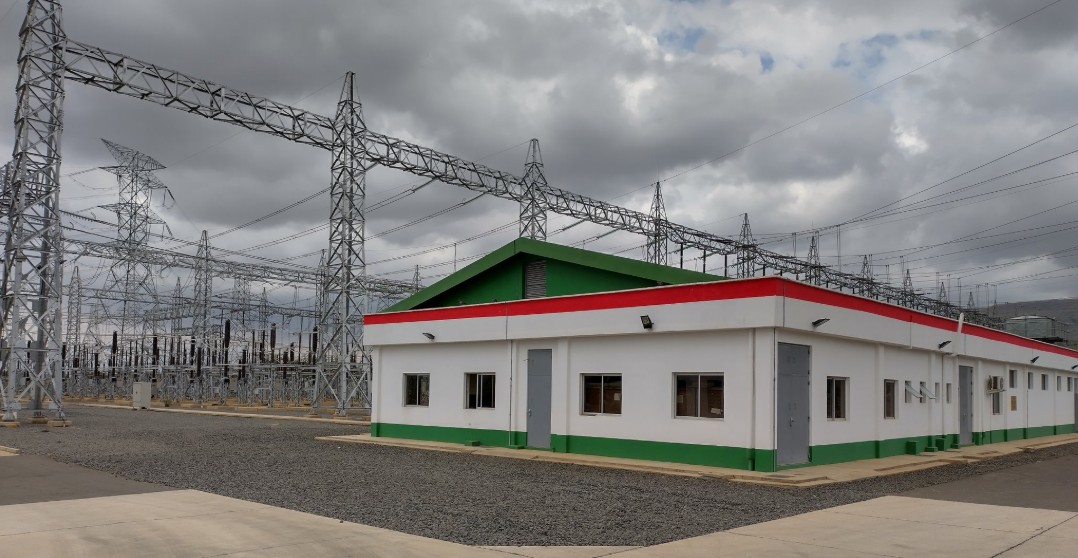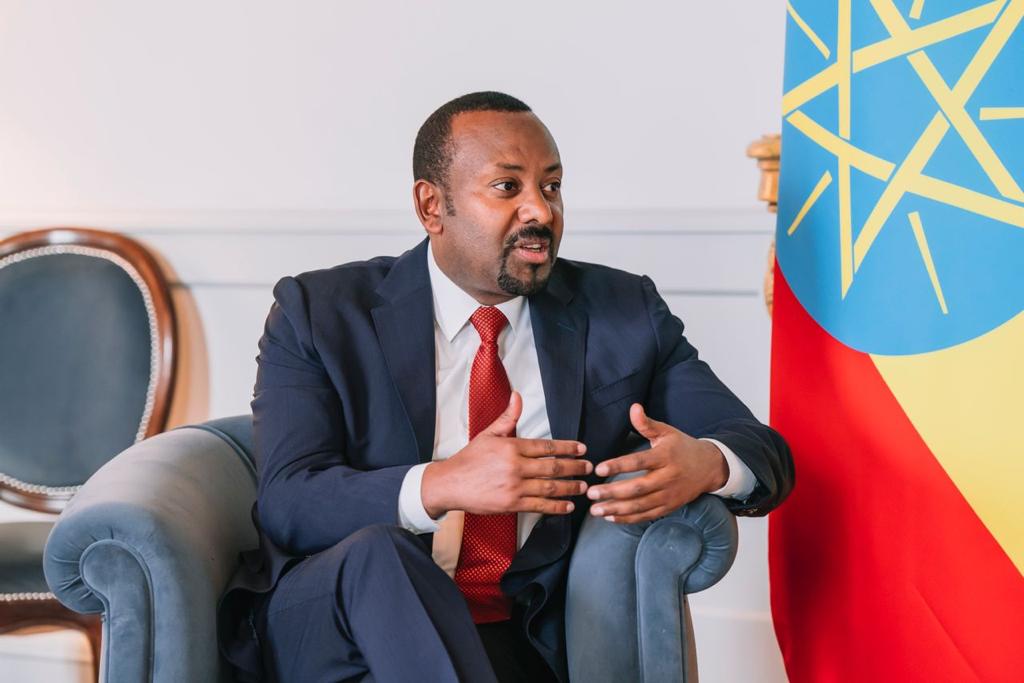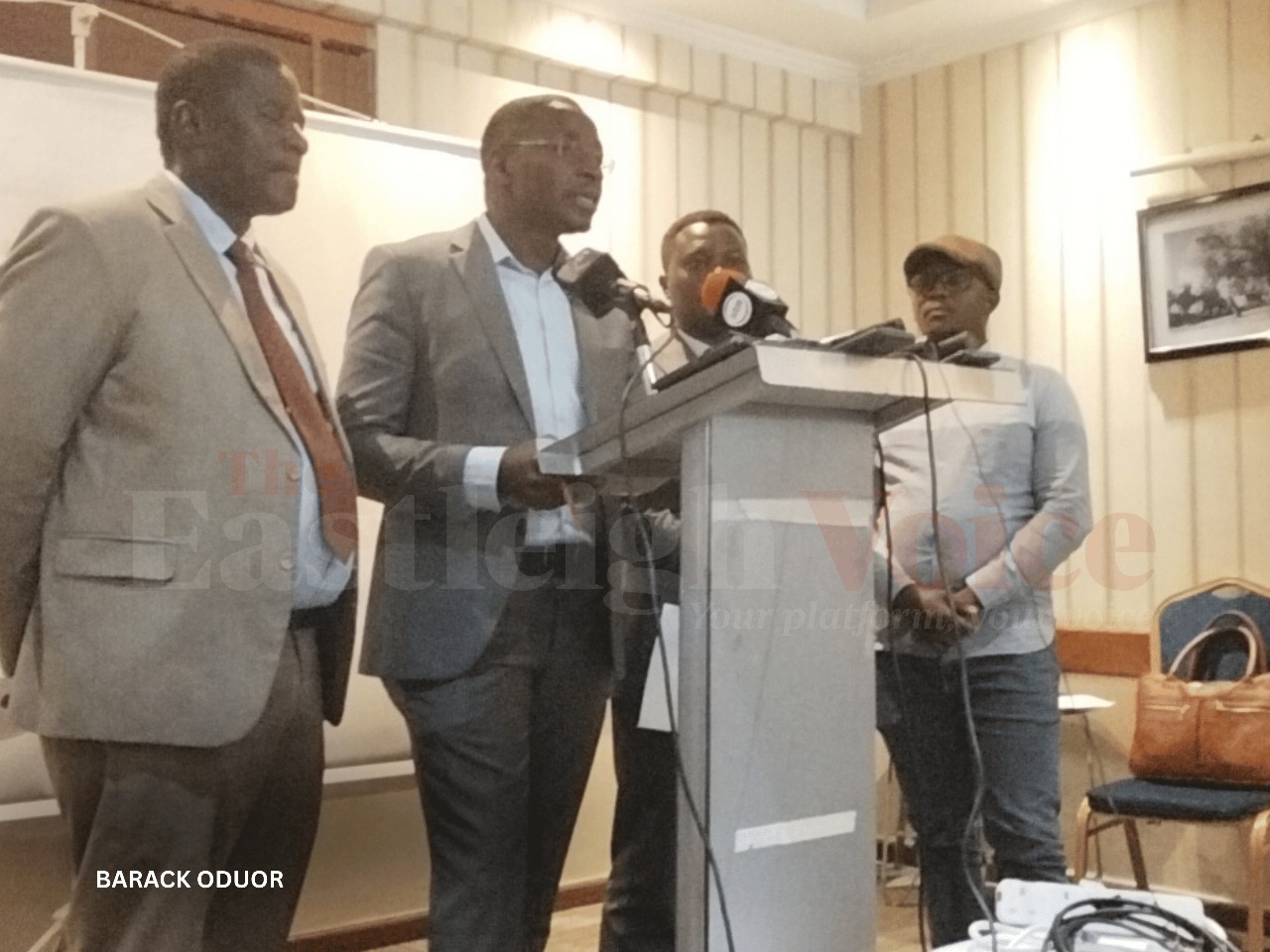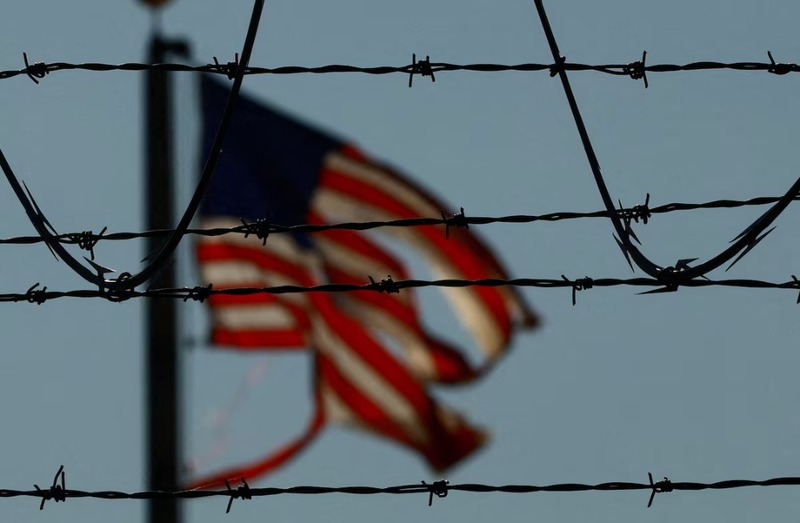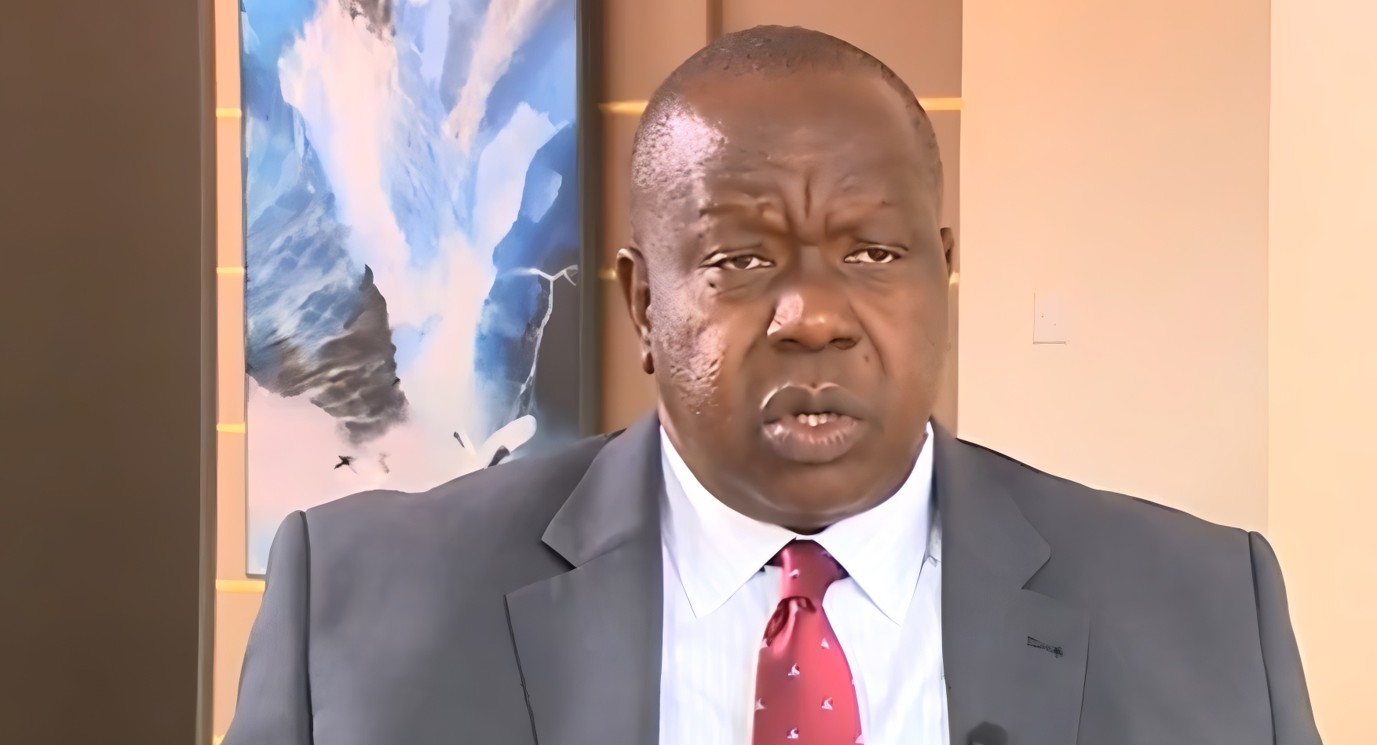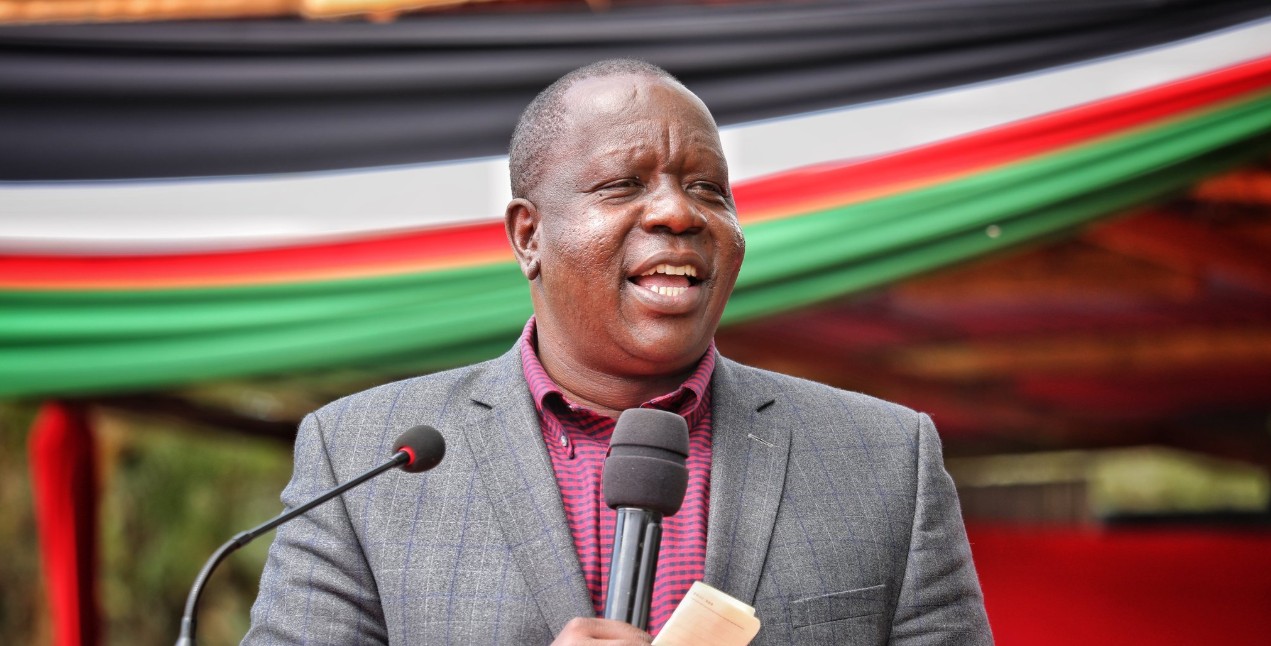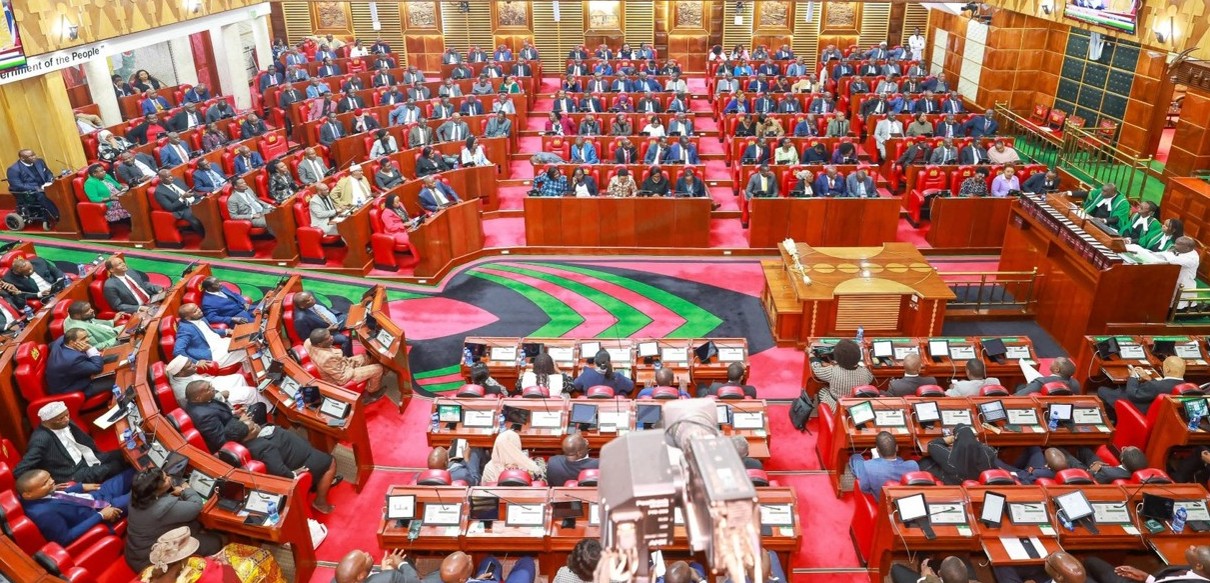Kenya courts UK deals amid infrastructure lessons and uneven gains in London visit
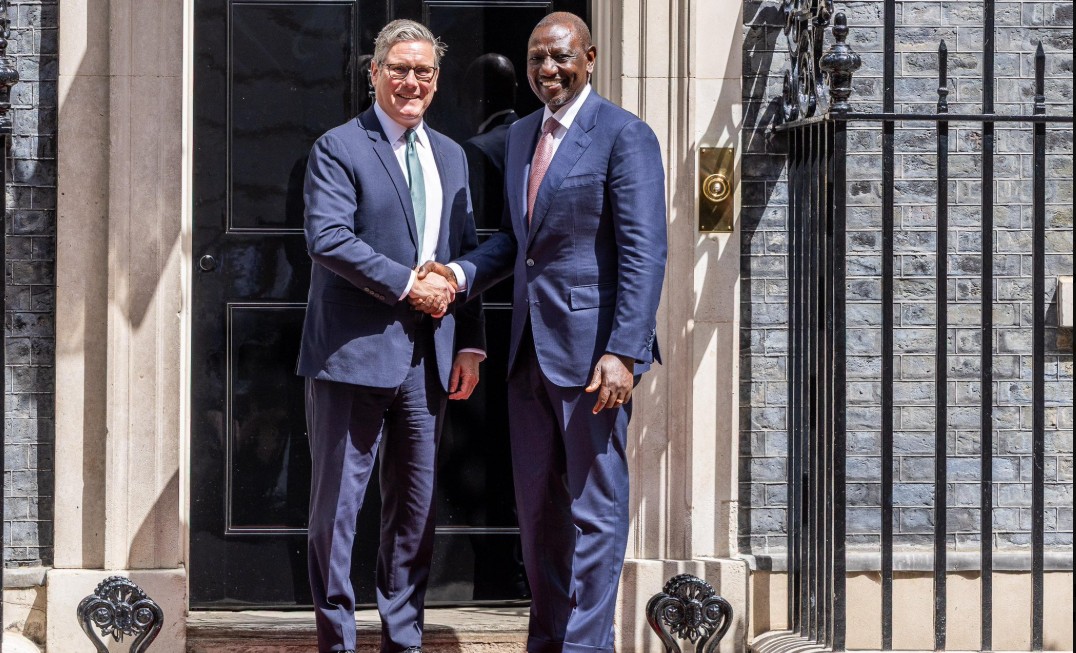
The Nairobi Railway City project was touted as a major win for British architects, engineers, and legal consultants, with financing expected to come through UK Export Finance.
Kenya’s top leadership, led by President William Ruto and accompanied by key ministers and principal secretaries, spent Tuesday in London, officially to strengthen the country’s strategic partnership with the United Kingdom.
But the subtext was harder to miss: a crash course in functioning infrastructure, delivered at the bustling King's Cross railway station.
More To Read
- UK to inject Sh266 billion into Kenya under new deal focused on trade, climate and tech
- Choice of Gen Zs: Why top politicians are scrambling for the votes of Gen Zs
- You now carry the weight of Kenya’s peace and security, Ruto tells new KDF chiefs
- Ruto: It cannot be business as usual after police attacks, firearm thefts, arson
- Ruto condemns June 25 deadly protests, orders arrest of perpetrators
- Ruto: You can't save the country by burning it, if you want me to go, show me your plan
The irony was unmistakable: the very site Nairobi hopes to replicate through the long-promised Nairobi Railway City — London’s gleaming, fully operational King’s Cross station — stood in stark contrast to its still largely aspirational Kenyan counterpart.
Despite repeated declarations of its "game-changing" potential since it was unveiled, the Nairobi Railway City project has seen little progress since UK Foreign Secretary James Cleverly visited Nairobi in 2023.
In Britain's favour
UK officials were more candid.
In their readout, UK officials highlighted over £1 billion (Sh178 billion) in trade and investment deals—heavily tilted in Britain's favour—that are expected to generate jobs in regions like Durham, Northamptonshire, and Surrey.
The Nairobi Railway City project was cited as a boon for British architects, engineers, and legal consultants, with financing likely to be arranged through UK Export Finance.
Kenya, meanwhile, framed the visit as a diplomatic windfall.
The State House dispatch released by Hussein Mohammed trumpeted ambitious pledges: training 2.5 million Kenyans in digital skills, unlocking billions in green finance, and reaffirming Nairobi's growing role as a regional financial hub.
The difference in messaging is striking.
Where Kenya emphasised opportunity and optimism, Britain saw tangible returns and domestic job creation.
Counter-migration efforts
The UK even linked the partnership to counter-migration efforts, citing Kenya's strategic position near the migratory routes of Eritreans, Sudanese, Somalis, and Ethiopians.
Kenya's version of events was, understandably, more discreet.
Notably absent from Nairobi's statement was any mention of the £70 million (Sh12.5 billion) in defence deals announced by London, a politically sensitive subject in Kenya, given ongoing scrutiny of human rights abuses and British military presence in Laikipia.
Nor did Kenya acknowledge the UK's focus on disrupting trafficking routes — a nod, perhaps, to divergent domestic audiences.
In the end, Kenya walked away with promises, plans, and polished diplomacy—while Britain secured contracts, market access, and a fresh example of how strategic soft power can translate into economic gains.
Top Stories Today


